This year, we are presenting a series of posts profiling PKS teachers. The first installment features Mandarin-immersion preschool teacher Shihpei Chen.
Q: How long have you been teaching at PKS?
This is my 8th year. Only one teacher arrived at PKS earlier than I started. As far as teaching overall, five years before PKS plus 8 years here, so it's 13 years.
Q: What are the biggest changes you've seen at PKS in that time?
So many changes! When I was first here, it was only 11 children, and including me, four teachers. Now, it's a totally different era. Another change is the school campus size. The [original, two-room] site was not designed for a preschool to use. When we were at the other campus, we visited this location and we were so impressed at the luxury. Moving the school here was a dream come true.
Q: Have you noticed any continuity since 2008?
The preschool teachers at PKS really want to do the best at their work -- this is one of the values we have here. We are very supportive of each other, and we work as a big family -- both “old” teachers like me and new teachers too. That’s something that didn't change, even though it’s already been 8 years.
Q: What career would you have chosen if you hadn't become a preschool teacher?
I think maybe a counselor or maybe a nurse. My master’s degree major is in applied psychology, so that's one of my interests, and nursing because I feel that I am good in taking care of people: young children, old people, or people with sickness.
Q: Through a Reggio Emilia inspired approach, PKS preschoolers are encouraged to question the world around them and voice these questions. How do you see this manifest in the classroom?
This is one thing important to the Reggio Emilia learning approach, however, when we encourage them to ask questions it’s not only because of Reggio. We see the value of this ability and this confidence. In our society you have to be able to express things mostly verbally. In the Reggio approach, teachers encourage children to speak in front of others, express their ideas and concerns, and critique each others’ thoughts. Children are brave in accepting suggestions, and this is what I want to bring to my children at PKS.
Reggio also emphasizes the environment as a “second teacher” and tells us how to set up a classroom where children can explore everything. The Reggio approach is not only encouraging children to work freely, but also teaching them how to respect each other, and how to care for the environment.
Q: How have you seen students grow with the Reggio approach?
In the preschool program, we allow children to be who they are. Reggio-style projects let the children explore something they want to know or do something they’ve never done before. We spend time revisiting ideas, sharing interests, and exploring things that interest us. That's something that keeps our classrooms vivid and energetic. We also work hard to build connections between classes. At this age, it’s so cool if you know almost everyone, you can say hi to everyone. That's a very welcoming environment. We do give our students a lot of freedom, and I have fun with them. I think working in this environment and learning about the Reggio approach is not only making me a better teacher, but also helping me to reflect more about who I am. I’ve changed a lot compared with 10 years ago. Reggio also emphasizes building up relationships, and that is why I enjoy in being a preschool teacher in a Reggio-inspired school.
Follow PKS on Facebook!

